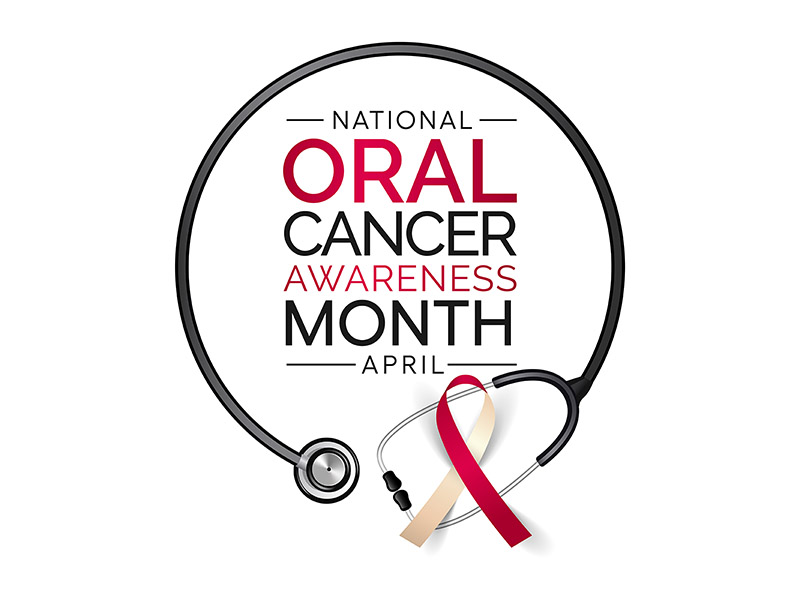Blog
Dental hygiene tips for healthy teeth & gums

Bringing Awareness To Oral Cancer: What You Need To Know
Oral cancer is a severe and potentially life-threatening condition that impacts millions of individuals globally. Despite its widespread occurrence, many people are uninformed about the dangers, symptoms, and treatment choices linked to oral cancer. The purpose of this article is to increase awareness about oral cancer treatment options and offer crucial information that everyone should be aware of.
Everything You Need to Know About Oral Cancer
Oral cancer involves the abnormal growth of cells in the mouth, encompassing the lips, tongue, gums, palate, and inner lining of the cheeks. It can present as a sore or lump that does not heal, persistent pain or numbness, difficulty swallowing or chewing, and alterations in voice or speech.Here are essential points to comprehend about oral cancer and oral cancer treatment options:
1.Risk Factors: Common risk factors for oral cancer include tobacco use, excessive alcohol consumption, HPV infection, poor oral hygiene, and a compromised immune system.Regular dental check-ups can aid in the early detection of the disease.
2.Symptoms: Early signs of oral cancer may be subtle, underscoring the importance of remaining vigilant.Any lasting changes in the mouth should be assessed by a dentist or healthcare professional.
3.Diagnosis: The diagnosis of oral cancer entails a comprehensive examination of the mouth, encompassing physical examination, biopsy, and imaging tests like CT scans or MRI.
4.Treatment: Treatment options for oral cancer hinge on the stage and location of the disease. Surgery, radiation therapy, chemotherapy, and targeted drug therapy are common treatment modalities.
What are the Top Oral Cancer Treatment Options for You?
Below are some of the common oral cancer treatment options that you can go for after consulting with your dentist or oral health care provider:
1.Surgery: The surgical removal of the tumor is frequently the primary treatment for oral cancer. This may involve removing a portion of the affected tissue (lumpectomy) or extensive surgery to eliminate larger tumors (mandibulectomy or glossectomy).
2.Radiation Therapy: High-energy radiation is utilized to eradicate cancer cells and reduce tumors. It may be employed alone or in conjunction with surgery and chemotherapy.
3.Chemotherapy: This involves the use of powerful drugs to either kill cancer cells or inhibit their growth. This treatment can be administered orally or intravenously and is often combined with other therapies.
4.Targeted therapy: On the other hand, this therapy focuses on specific molecules involved in cancer growth, minimizing harm to healthy cells. It shows promise as an option for certain types of oral cancer.
Why It is Important to Detect the Issue Early On?
To reduce the risk of oral cancer, prevention plays a crucial role. To prevent and detect oral cancer early, consider these tips:
1.Quit Smoking and Limit Alcohol Consumption: By quitting smoking and reducing alcohol intake, you can significantly decrease the chances of developing oral cancer.
2.Maintain a Healthy Diet: Consuming a balanced diet with plenty of fruits and vegetables provides essential nutrients that support oral health.
3.Regular Dental Check-ups: Routine visits to the dentist enable early detection of any oral abnormalities and can help prevent oral cancer.
4.Perform Self-Examinations: Regularly examine your mouth for any unusual changes or symptoms that persist for more than two weeks.
Conclusion
Oral cancer is a serious health concern that requires awareness, prevention, and early detection. Understanding the risk factors, symptoms, and treatment options is vital for maintaining oral health and well-being. If you notice any persistent changes in your mouth, it is important to promptly consult a dentist or healthcare professional. Together, we can work towards reducing the impact of oral cancer and promoting healthier smiles.


